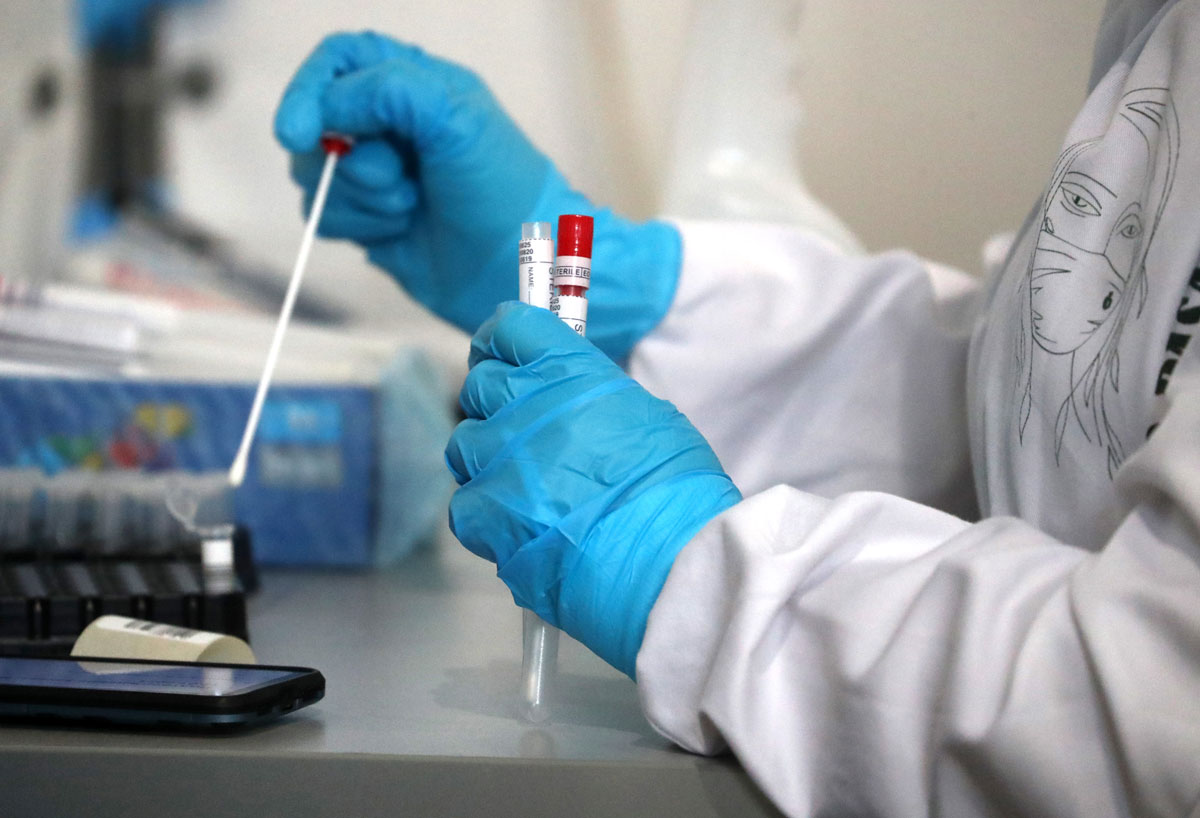At least four new variants of the coronavirus are keeping scientists awake at night.
One, first identified in southeastern England, has appeared in at least 50 countries and appears to be spreading more efficiently than older variants of the virus. Its emergence frightened political leaders, who closed borders and imposed travel restrictions in an attempt to curb its spread.
Others, identified in South Africa and Brazil, did not travel as much, but show a constellation of mutations that caught the attention of geneticists.
B.1.1.7: At the top of the list of researchers in the United States is variant B.1.1.7 seen for the first time in Britain. The US Centers for Disease Control and Prevention warned last week that this could worsen the spread of the pandemic.
While there is nothing like the phrase “new mutant virus” to draw attention, scientists say they are so far at ease with what they have discovered: the human immune system can handle the variants that have emerged so far.
B.1.351: A variant seen for the first time in South Africa, called B.1.351 or 501Y.V2, has a different pattern of mutations that causes more physical changes in the structure of the spike protein than B.1.1.7. One major mutation, called E484K, appears to affect the receptor-binding domain – the part of the spike protein most important for binding to cells.
P.1 and P.2: Two variants of concern emerged first in Brazil. One, called P.1., Was found in 42% of specimens in a survey conducted in the Brazilian city of Manaus, and Japanese authorities found the variant in four travelers from Brazil. P.2, also seen for the first time in Brazil, caused a wave of alarm when it appeared in Britain last week in 11 people.
L425R: Finally, there is a new variant seen in California called L425R and, although it is commonly found, it is not yet clear whether it is more transmissible.
Read more about the variants:

